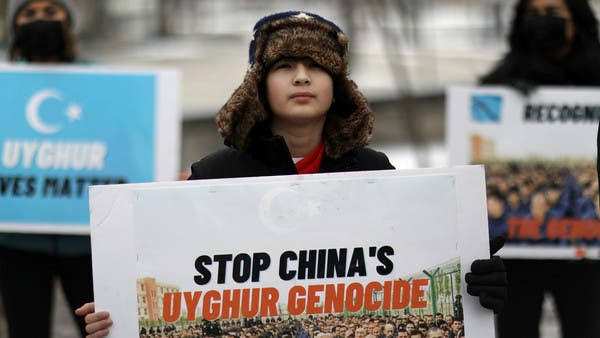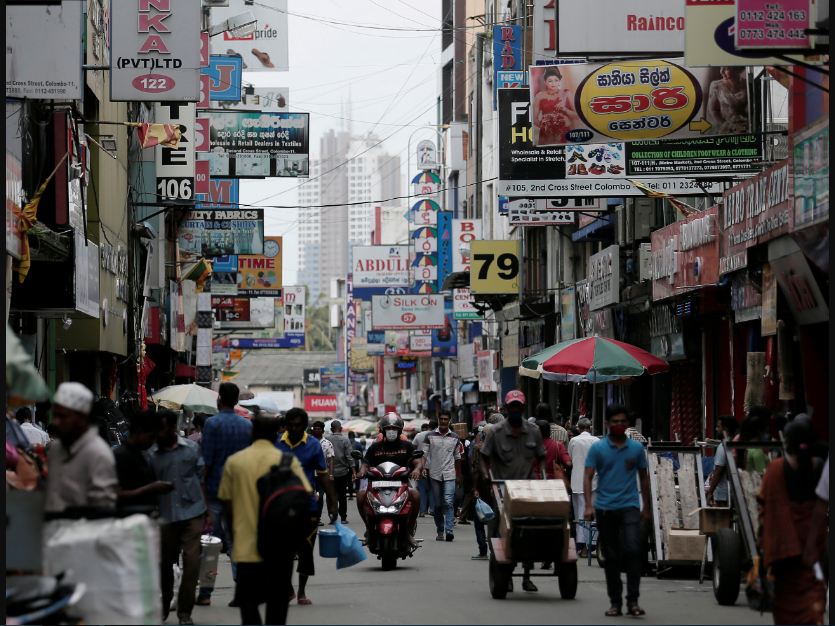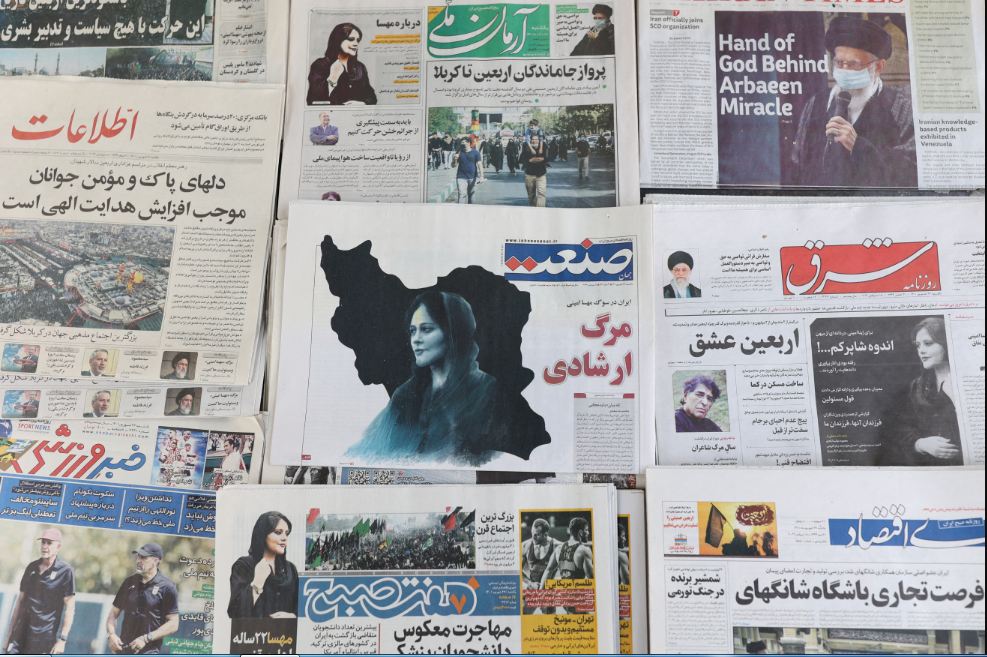U.S. religious-rights official says she is ‘flattered’ to be target of China sanctions
Washington (Reuters) – A U.S. religious-rights official said she was “flattered” to be the target of Chinese government sanctions stemming from a dispute between the two countries over Beijing’s treatment of Uighur Muslims, which Washington has described as genocide.
The United States on Saturday condemned China’s sanctions against two Americans and a Canadian lawmaker, which followed those imposed by the United States, European Union, Britain and Canada last week for what they say are violations of the rights of Uighurs and other ethnic minorities China’s western region of Xinjiang.
Beijing sanctioned the chair and vice chair of the U.S. Commission on International Religious Freedom (USCIRF), Gayle Manchin and Tony Perkins, banning them from entering the Chinese mainland, Hong Kong and Macau. It also prohibited Chinese citizens and institutions from doing business or having any exchanges with them.
“I feel flattered to be recognized by Communist China for calling out genocidal crimes against religious and ethnic minorities in the country,” Manchin told Reuters in a statement late on Saturday.
“While I don’t have plans to travel to China this summer, I won’t stop speaking out when egregious violations of religious freedom are taking place as they are in China,” said Manchin, who is married to Democratic U.S. senator from West Virginia Joe Manchin.
USCIRF last year recommended that the U.S. government and its partners sanction China for abuses in Xinjiang.
The back and forth over sanctions is the latest sign of the increasingly bitter rivalry between the United States and China, which was on rare public display earlier this month in Alaska when the two sides held their first high-level, in-person talks of President Joe Biden’s administration.
That meeting began with pointed criticism of each other’s policies in front of television cameras, and ended with no major breakthroughs, an indication of how little common ground remains in relations that have sunk to the lowest level in decades.
U.S. Secretary of State Antony Blinken has said the Chinese government sanctions only draw more international scrutiny to the “ongoing genocide and crimes against humanity in Xinjiang”.
In an interview that aired on CNN on Sunday Blinken said he sees “increasingly adversarial” aspects to the United States’ relationship with China.
Activists and U.N. rights experts say at least a million Muslims have been detained in camps in Xinjiang. They, and some Western politicians, accuse China of using torture, forced labor and sterilizations. China has repeatedly denied all accusations of abuse and says its camps offer vocational training and are needed to fight extremism.
China’s foreign ministry said the individuals it sanctioned must redress their mistakes, and warned that “they will get their fingers burnt” unless they stop political manipulation over Xinjiang.
Canadian opposition lawmaker Michael Chong, who was also targeted by China, said he would wear Beijing’s sanctions as a badge of honor.
The United Nations is holding “serious negotiations” with China for unfettered access to the Xinjiang region to verify reports of persecution, UN Secretary General Antonio Guterres said in a CBC interview broadcast on Sunday.
Rights advocates, however, have expressed skepticism about the prospects for unrestricted access to the region.



